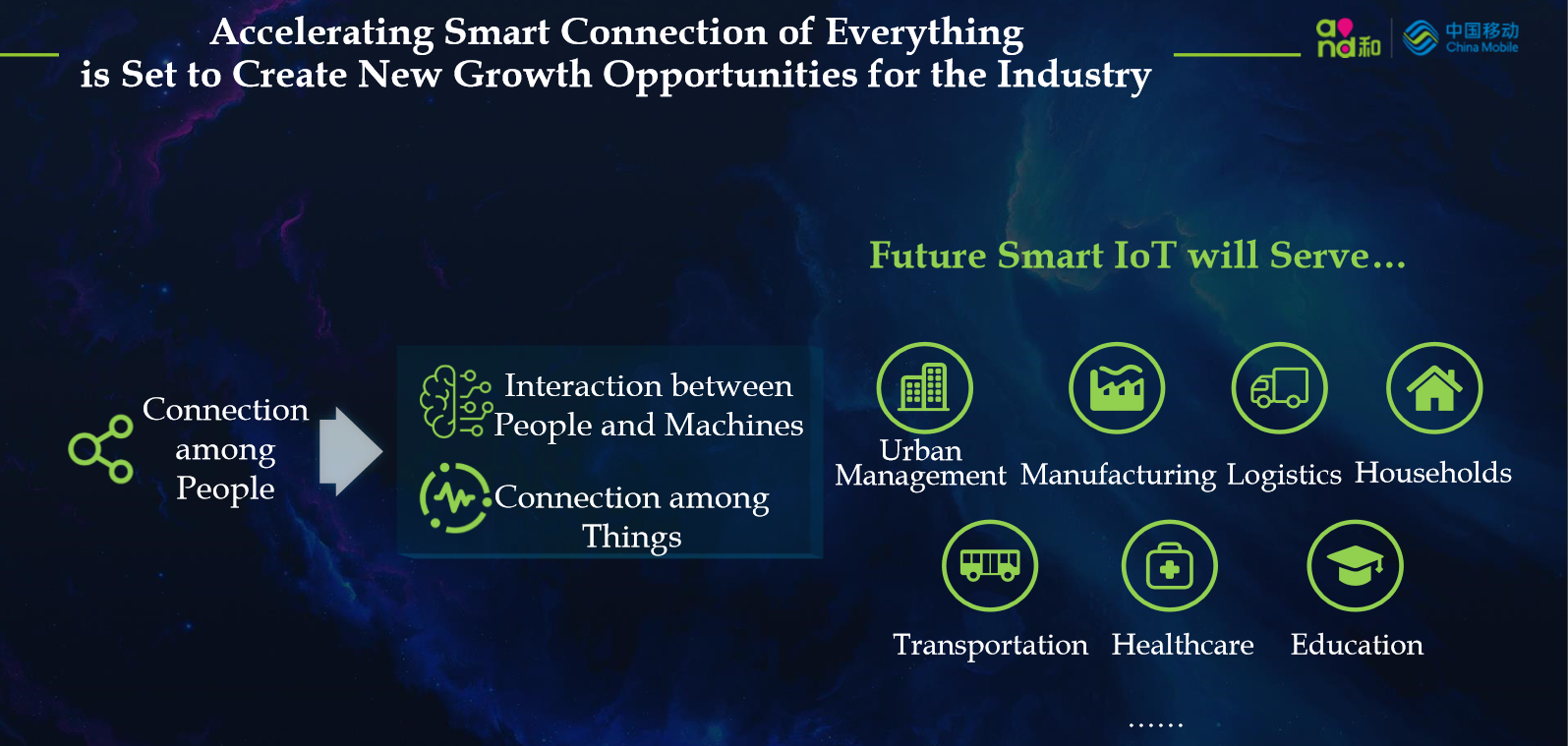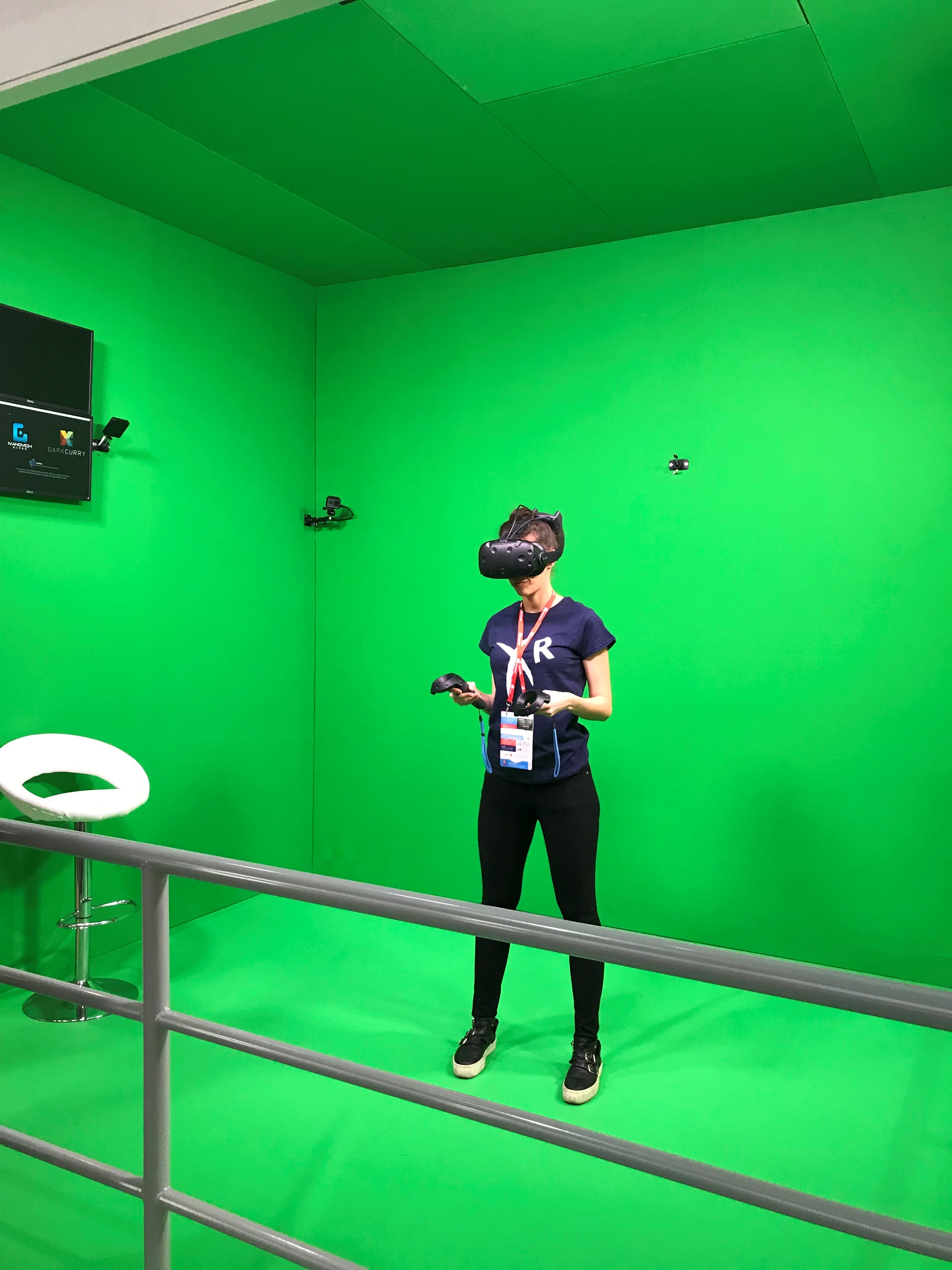Mobile World Congress 2018 is one of the largest annual events on the mobile technology industry. Held in Barcelona, Spain, it is one of the top events to look forward to for the latest and greatest mobile technology and advancements, with attendees from all over the world. It hosts both conferences and exhibitions and this year’s conference had more than 110,000 visitors and thousands of vendors. There is something, it seems, for everyone related to Mobile industry at this event.
I was fortunate enough to participate in this year’s event with a Silver pass and got to attend many interesting sessions, keynotes, tour of the Smart Cities and exhibits. Here are some highlights and some of my favorite things from the conference apart from a bunch of cool new gadgets and latest phones from Samsung, Nokia, LG, Sony, Huawei etc.
Mobile World Congress 2018: The rise of Artificial Intelligence

Artificial Intelligence was on display at Mobile World Congress 2018 as brands attempt to create a personalized customer experience. And the AI products on prominent display at Mobile World Congress 2018 were focused on customer engagement as a central value proposition.
Mercedes-Benz placed a heavy emphasis on mobile integration and AI, unveiling a lineup of vehicle features that learn and adapt to each driver’s behavior and preferences. A new chatbot called “Ask Mercedes” allows users to ask questions and view augmented reality functions using the mobile app.
Telefonica launched AI-powered digital assistant called Aura in six countries during Mobile World Congress 2018 and announced a new smart home device, Movistar Home.
Asus unveiled its ZenFone 5Z and ZenFone 5 smartphones that feature dual-camera systems that use AI to adapt and learn.
AI is attracting significant levels of investment and increasing rates of adoption. Both large companies and startups are exploring the ways in which AI can deliver value. A panel of experts discussed the future of AI and the opportunities it is going to create and the implications. As AI is a tool proven to make sense of data many folks have been left to wonder about their job security. The common consensus of the experts at this session was there is going to be some shift in the jobs, however, there are lots of jobs which will be created that do not exist today because of Artificial Intelligence.
Mobile World Congress: Connectivity and Collaboration – Smart IoT

Digital transformation has powered a surge in momentum for the IoT, with the number of connected devices predicted to reach 30.73 billion by 2020. At the Mobile World Congress 2018, we saw many examples of how the IoT can touch all aspects of the digital economy, unlocking enormous benefits in a wide range of sectors, from agriculture to automotive. With more and more IoT technologies underpinning critical applications, such as disaster monitoring and military situational awareness, service delivery assurance and security assurance will come into sharp focus. Conversations at the show were focused on the increasing challenge of maintaining connectivity and communication across a myriad of devices and infrastructures in the IoT age.
At the Mobile World Congress 2018 this year, it appeared that the Internet of Things is finally gaining momentum with major brands from Google and Samsung to LG. As well as a wealth of digital consumer solutions, the new breed of connected devices which promise to offer incredible new sources of revenue and customer insights for businesses.
Mobile World Congress: AR/VR

Both Augmented Reality (AR) and Virtual Reality (VR) were highly promoted at MWC. As mobile AR comes into focus, the medium is expected to generate $5.4 billion in direct consumer spending by 2021. The rise of mobile AR provides a valuable new medium for marketers to create experiences. Apple’s ARKit and Google’s ARCore have expanded the addressable audience for high-quality mobile AR into the hundreds of millions.
Investors have taken notice, especially following the success of mobile AR products like Pokémon GO, which has earned $1.8B since its launch in 2016.
Google launched its ARCore platform during MWC that works on 100 million Android smartphones. A preview version of Google Lens was introduced for English-language users.
Verizon-owned media company Oath rolled out mobile AR ad offerings that can be embedded directly into mobile apps like Yahoo Mail. Selecting the ad allows consumers to visualize products within their surroundings.
Mobile World Congress: Smart cities

MWC has gone above and beyond to demonstrate the capabilities possible with smart cities.
Sustainable Smart city tour at MWC showcased many examples such as intelligent transportation systems to recycling solutions. The examples on this Tour demonstrate how the mobile industry is helping the smartest of cities to make progress on a variety of the UN’s Sustainable Development Goals (SDGs).
While energy savings from new lighting might be the initial lure for smart cities, the long-term benefit is expected to come from data from sensors that is shared widely.
Conclusion
When you look between the lines of shiny new gadgets and this year’s hottest buzzwords, the underlying theme of Mobile World Congress 2018 was delivering a quality experience to customers. Mobile World Congress 2018 highlighted the progress Telecom Operators are making towards digital transformation. Whilst digital transformation has been a goal for the operator community for several years, the industry has struggled to make this jump, with the gap increasing between Telcos and the internet players.
However, this year there were clear signs that operators have made significant progress with Vodafone and Telefonica discussing their stories and journey towards this shift. Operators have developed new internal capabilities, increasingly leveraging partners’ expertise and are overcoming long-standing cultural barriers.
The potential arising from this transformation is significant. The increased agility will allow organizations to compete with Internet players and capture greater value from new digital opportunities.
Learn how APIs and AI can be complementary here.

